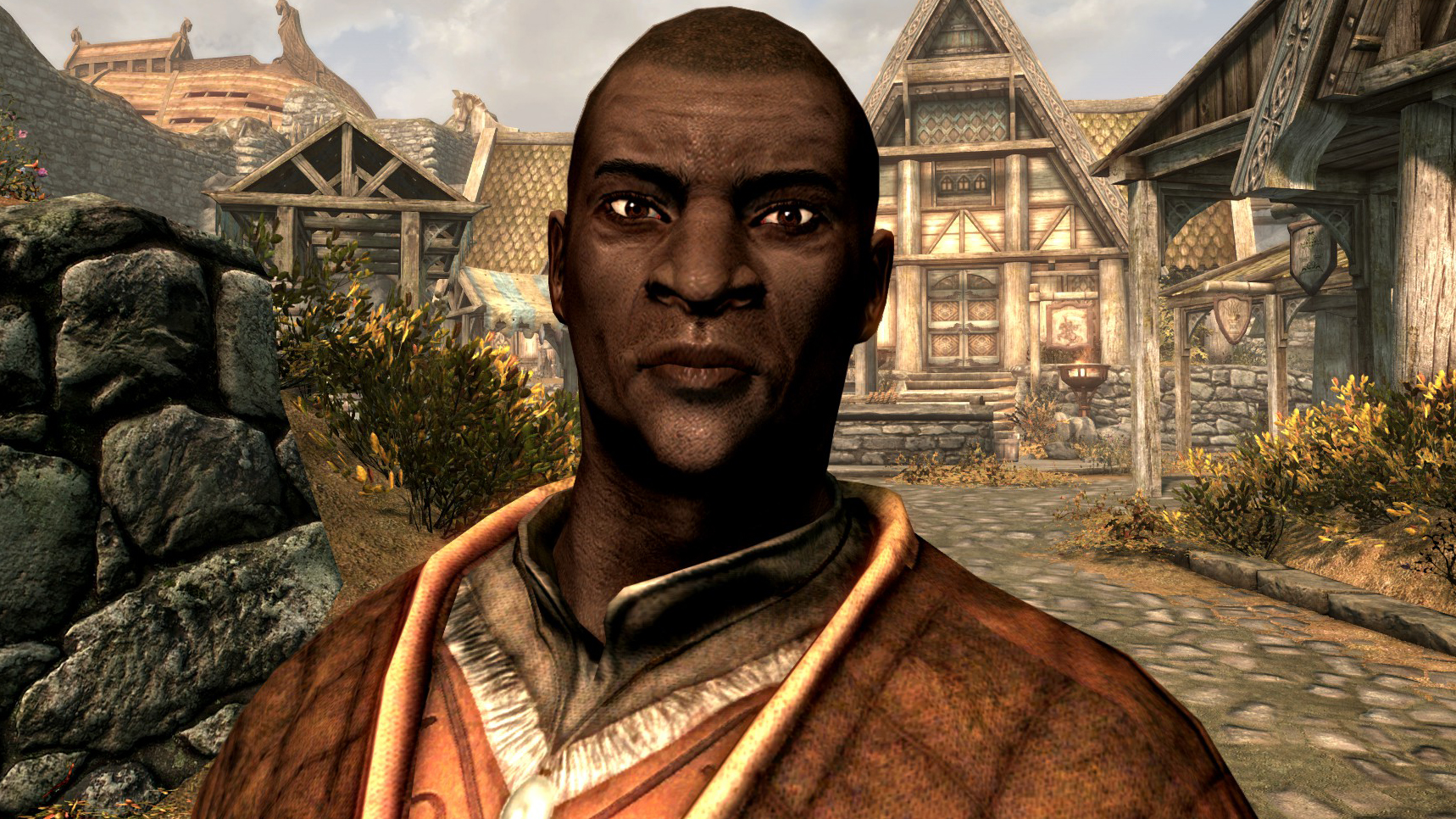
I think he's on the money.
In an interview with VideoGamer, ex-Bethesda developer Bruce Nesmith defended the studio’s continued use of its proprietary Creation Engine and predicted that the RPG giant would likely stick with the tech in the future, even as more big name devs like BioWare, CD Projekt, and Halo Studios (formerly 343 Industries) trade in their bespoke engines for Epic Games’ ubiquitous Unreal.
Ironically, the Creation Engine itself is based on licensed middleware similar to Unreal. Bethesda used the Gamebryo engine to develop The Elder Scrolls Morrowind and Oblivion, as well as Fallout 3—so Obsidian’s fan-favorite Fallout: New Vegas is also part of this little family tree—with the Creation Engine underpinning Skyrim, Fallout 4, and even last year’s Starfield iterating on the earlier engine. Gamebryo creator Gamebase appears to have gone defunct at some point after the engine’s last update in 2012, but Bethesda itself continues to carry it forward.
That long-term reliance on the same technology can result in “tech debt,” the manifold ways that errors, shortcuts, and other quirks in digital infrastructure can calcify and have knock-on effects over time. Nesmith points to this as the primary reason why Bethesda might consider an engine switch: “There are parts of the Gamebryo engine that I would not be surprised to find out that Bethesda can no longer compile, because the original source code just doesn’t compile any more. You just got to use the compiled stuff as is.” Even still, Nesmith doesn’t think a fresh start is in the cards for his former employer.
“We’re arguing about the game engine, let’s argue about the game,” Nesmith said. “The game engine is not the point, the game engine is in service to the game itself. You and I could both identify a hundred lousy games that used Unreal. Is it Unreal’s fault? No, it’s not Unreal’s fault.” Meanwhile, Nesmith said that Creation “has been constantly tweaked, updated and refined to do exactly the kinds of games that Bethesda makes.”
Nesmith offered a ballpark of “a year or two of technical work” just to transition the company and any completed work on its next project, The Elder Scrolls 6, from Creation to Unreal, “and then more work beyond that to tune the engine, to tune the game, to work in it.”
A secondary concern would be such a transition’s effect on the modding community, effectively wiping the slate clean for modders as well. While Bethesda modders have their own tech debt by Nesmith’s estimation—the developer cited the ubiquitous Script Extender’s need for an update every time a game gets updated as an example—an engine transition would also invalidate much of the collective knowledge, skills, and tricks the community has developed moving forward.
More than anything, though, Nesmith reiterated the idea that this debate is of less importance to the end user than it’s often made out to be: “The engine is in service to the game. Is the game good? I don’t care what the engine is. The game’s good! Let’s play the game.”
I’m largely in agreement with him there, with a twist: I actively hope Bethesda sticks with Creation for a few reasons. First is a question of wider industry consolidation: It makes me nervous that so many high profile studios are trading their in-house tools for Unreal, particularly when Epic Games has its own, metaverse-themed ambitions for the future of the industry. Also, Unreal Engine 5 seems to continue UE4’s endemic stuttering problems on PC—in outsourcing to get rid of your own tech debt, don’t you risk incurring it from another party?
I think a diversity of tools and processes across the industry is a healthy, desirable thing, and I’d point to FromSoftware and Larian as two companies whose unique, in-house tools have resulted in exceptional games that no one else can quite seem to match. Even though Starfield turned out to be a bit of a stumble for Bethesda, it was one of the most stable day one experiences I’ve had with a Bethesda game—I don’t think Starfield’s issues stem from its engine.





